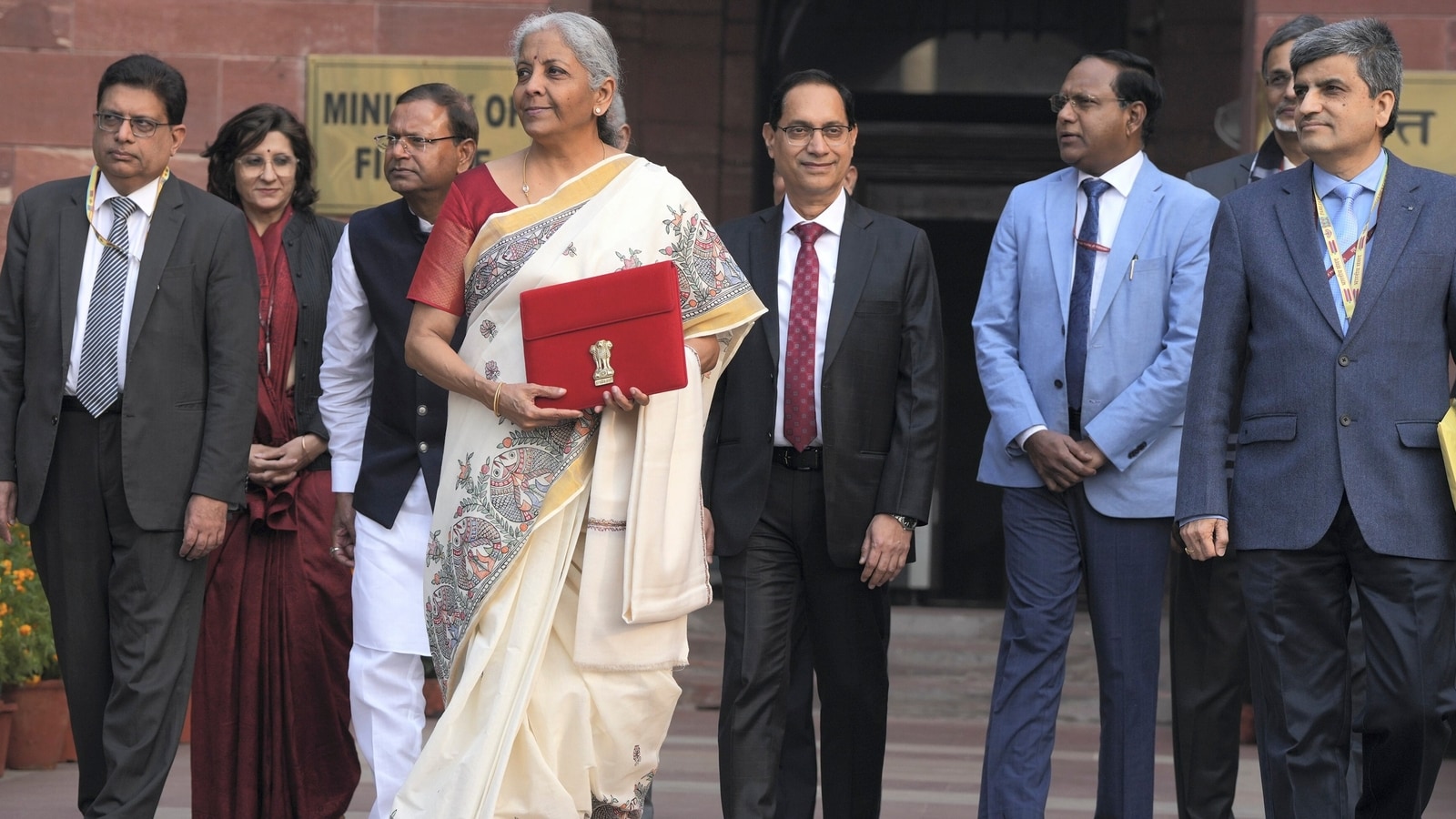Income tax officials can seek details about ITRs filed by startup investors to ascertain if the amount invested is commensurate with the income shown in their personal ITRs, the I-T department has said.
Replying to a post of former BharatPe co-founder Ashneer Grover on X on Friday, where he flagged that a number of startups have received tax notices in the last one month asking to furnish information about their shareholders, the I-T department said the Finance Act 2012 mandates that the source of funds from a resident shareholder in startup has to be also explained by an investor.
“In the present case, it appears that the AO has sought to examine the genuineness of the transaction and source of investment by the shareholder-investor, to verify if the amount invested is commensurate with the income shown in the ITRs of the investors.
“Alternatively, if the PANs of the investors are shared with the AO by the company, he can verify the ITRs of the investors,” the I-T department said.
Section 68 of the I-T Act under which the Assessing Officer (AO) has made the enquiry about creditworthiness of the shareholder/investor, places initial onus on the assessee-company (start up in this case) to prove — identity of the investor, creditworthiness of the investor and genuineness of the transaction.
“Finance Act, 2012 mandated that the nature and source of any sum credited as share capital, share premium etc., in the books of a closely held company (excluding venture capital fund or a venture capital company registered with Sebi) shall be treated as explained u/s 68 only if the source of funds from a resident shareholder is also explained by investor,” the I-T department said.
Grover in his post had said that the I-T department is asking startup companies to furnish three-year ITR of all shareholders.
“1) How and why will companies have ITR of shareholders ! 2) Why would a shareholder/individual share their ITR with a private company ?,” Grover had posted, adding it’s a case of an investor buying equity in a startup and not a case of a startup giving loan to its shareholders.











